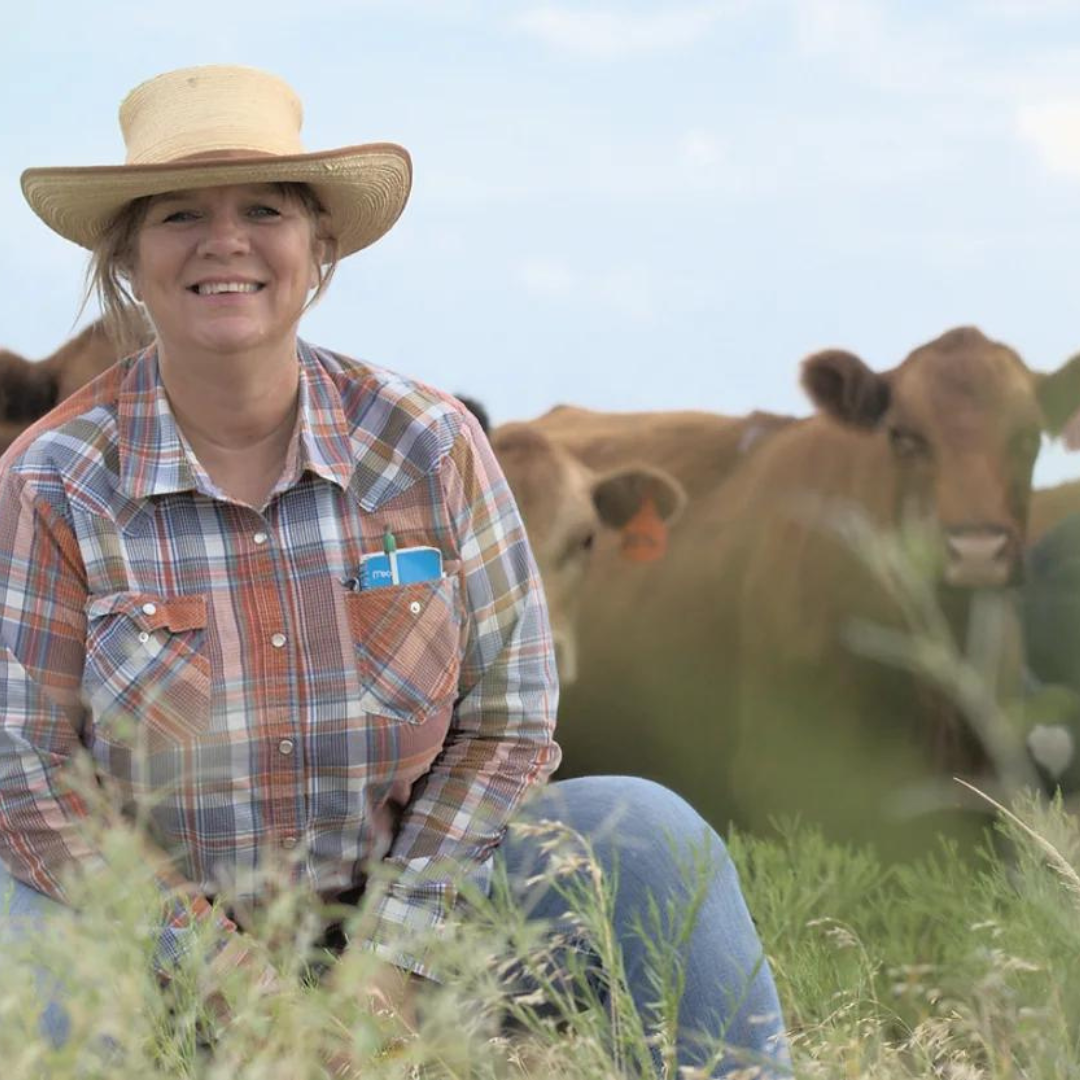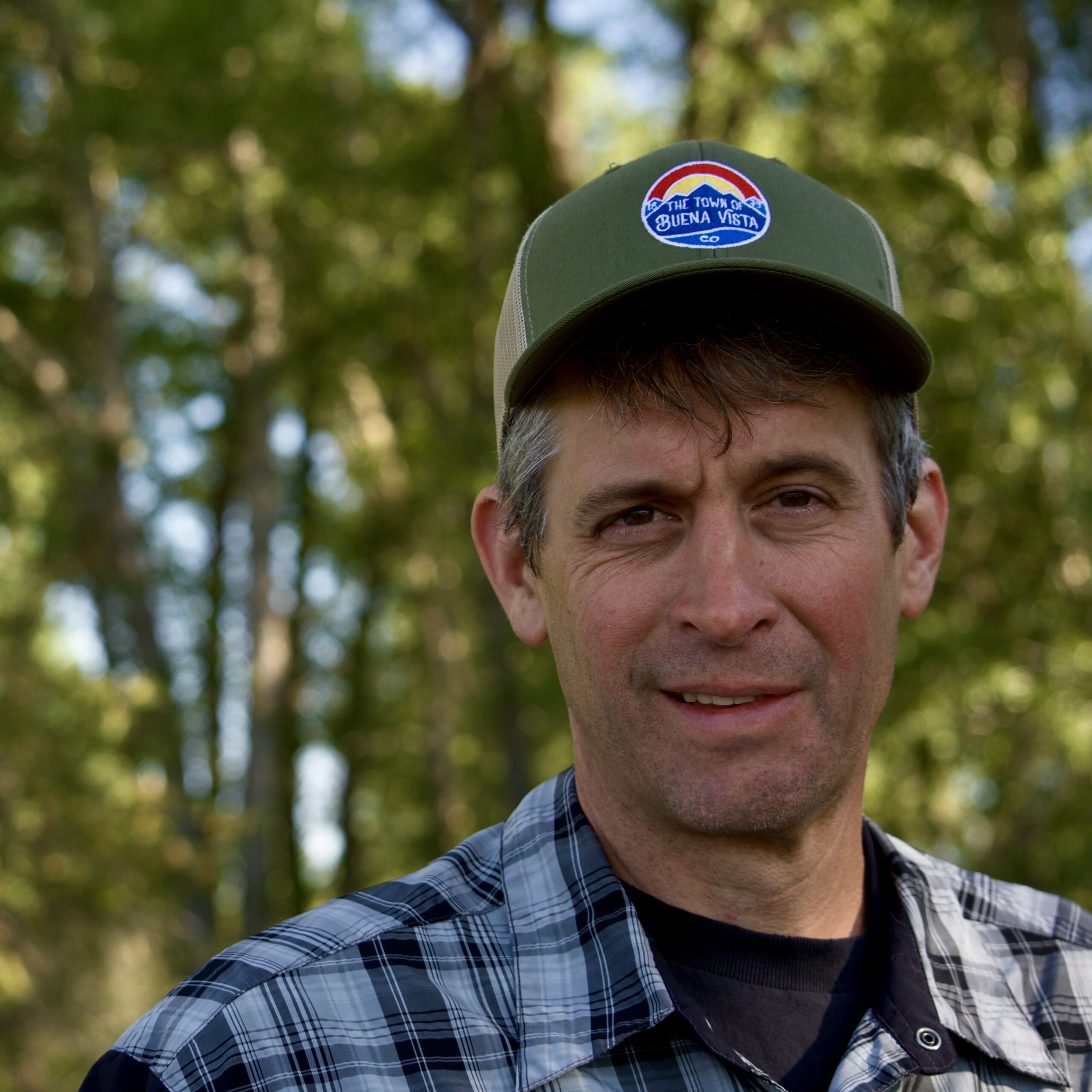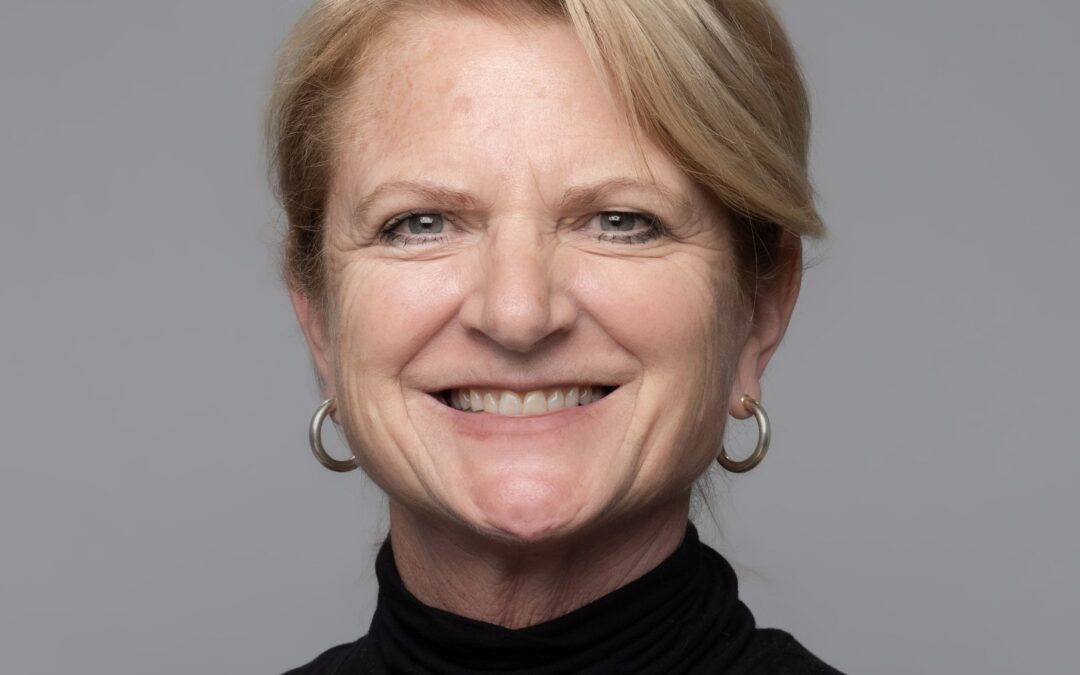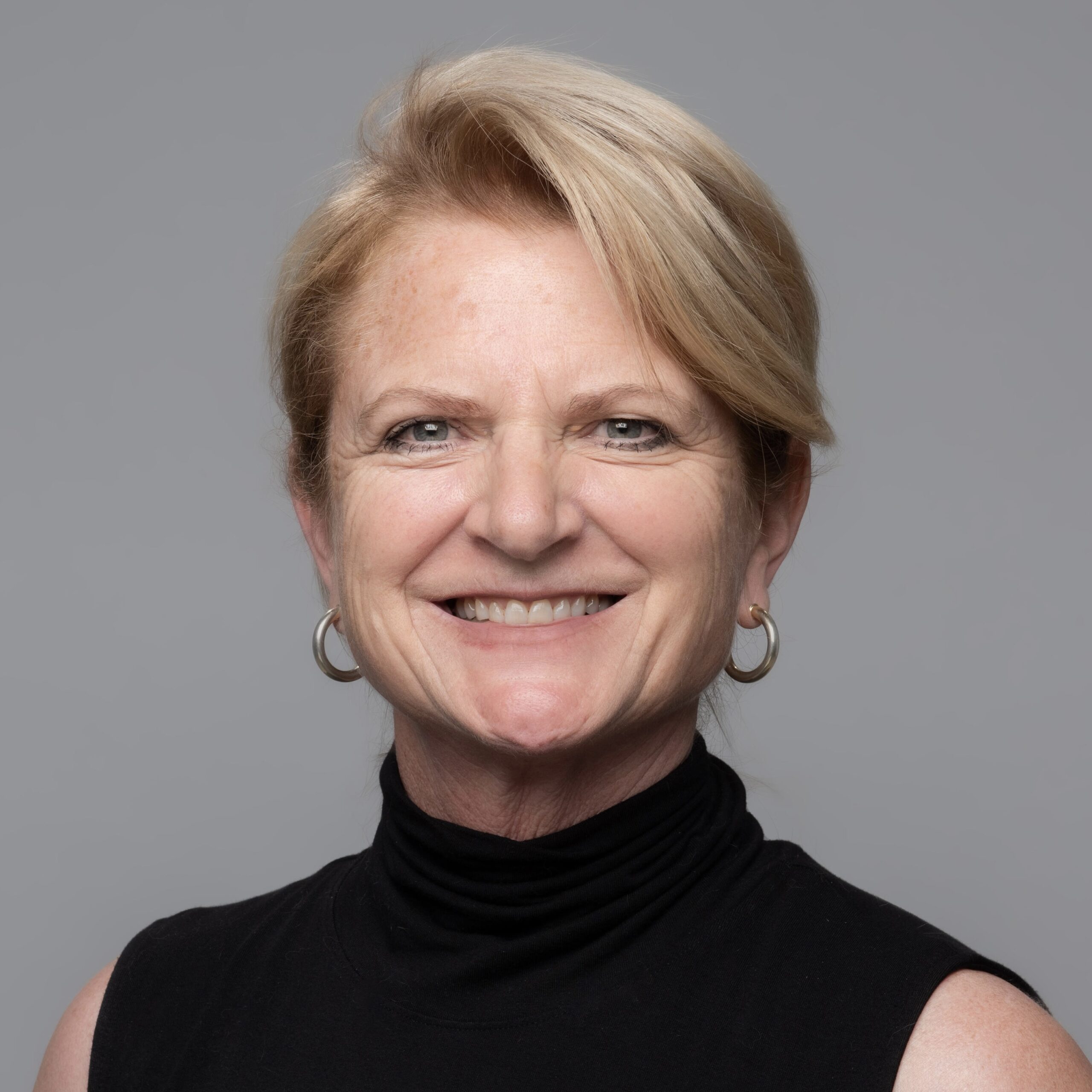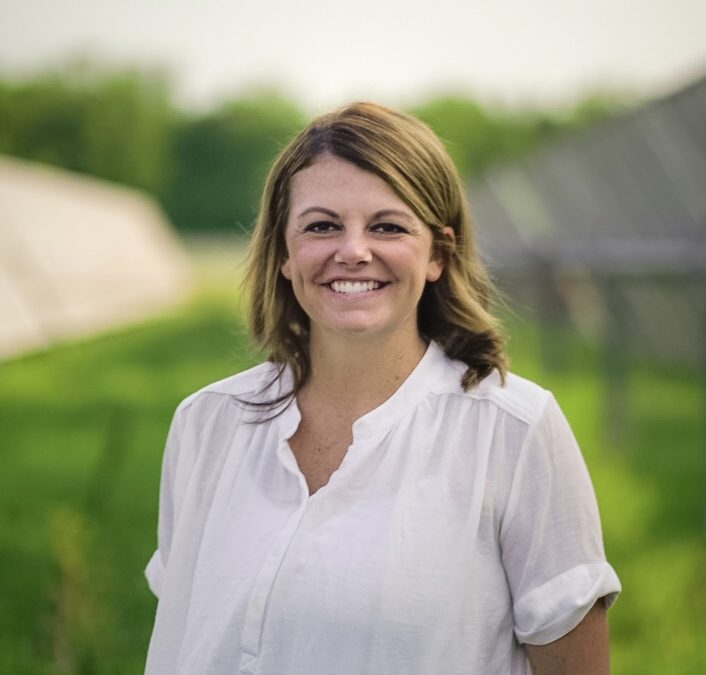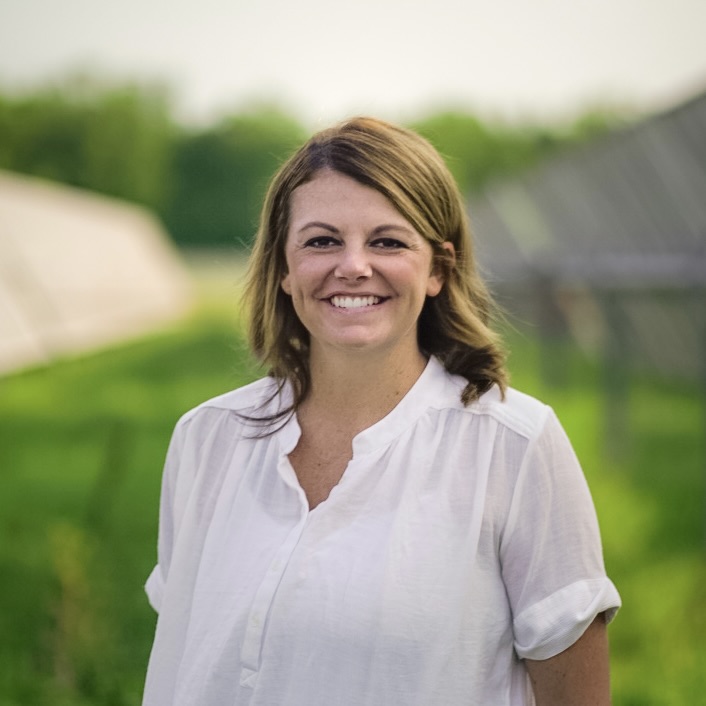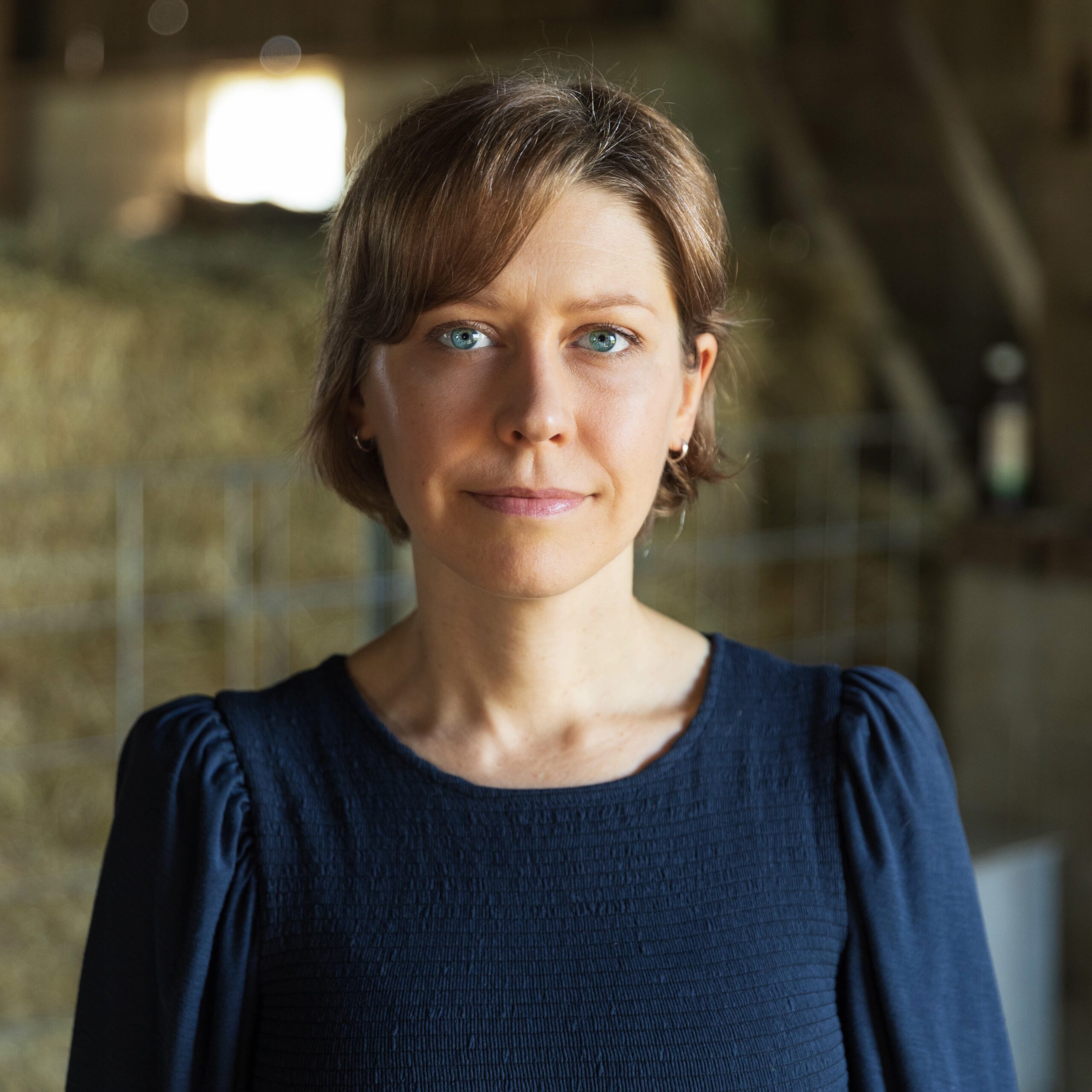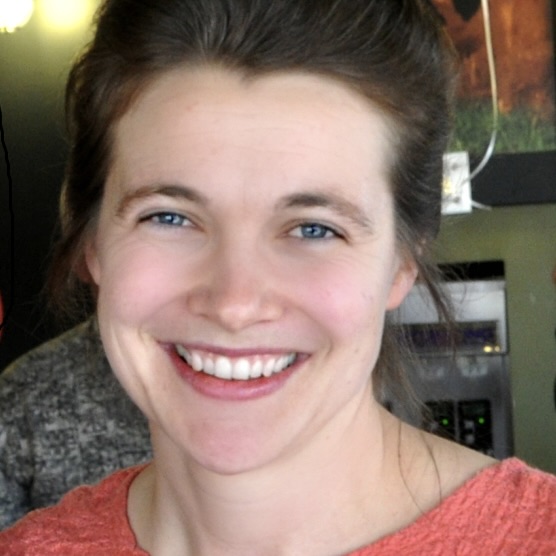
Angela Boudro
Angela Boudro

Angela Boudro has worked in agriculture her entire life and has experience on small and large farms with a wide variety of animals, markets and clients. She earned her B.S. in Animal Science and Agricultural Communications at Purdue University and an M.S. in Animal Science at UC Davis. She previously owned and operated a brush control business using goats, specializing in the management of invasive plants and fuels reduction. She and her husband produced grass-fed lamb, pastured chickens and ducks for eggs and pasture-raised broilers at their farm in Oregon before moving to Idaho, where they are developing a regenerative, 100% grass-fed and finished livestock operation. In addition, Angie and her husband have several other businesses. Angie is passionate about regenerative agriculture and works as an independent contractor and consultant, where she contracts with various agencies and individuals, consults with private landowners, and teaches a variety of courses.
Roundtable Facilitator
How Have You Improved Financial Management & Profit?

